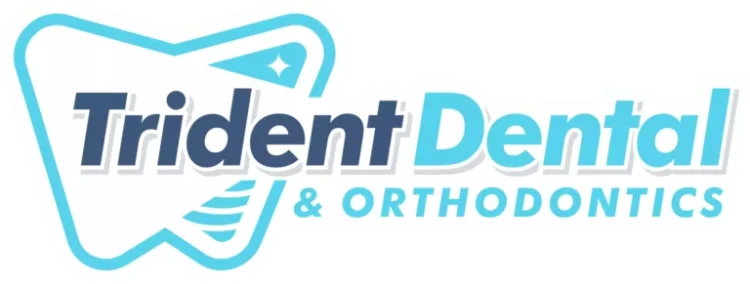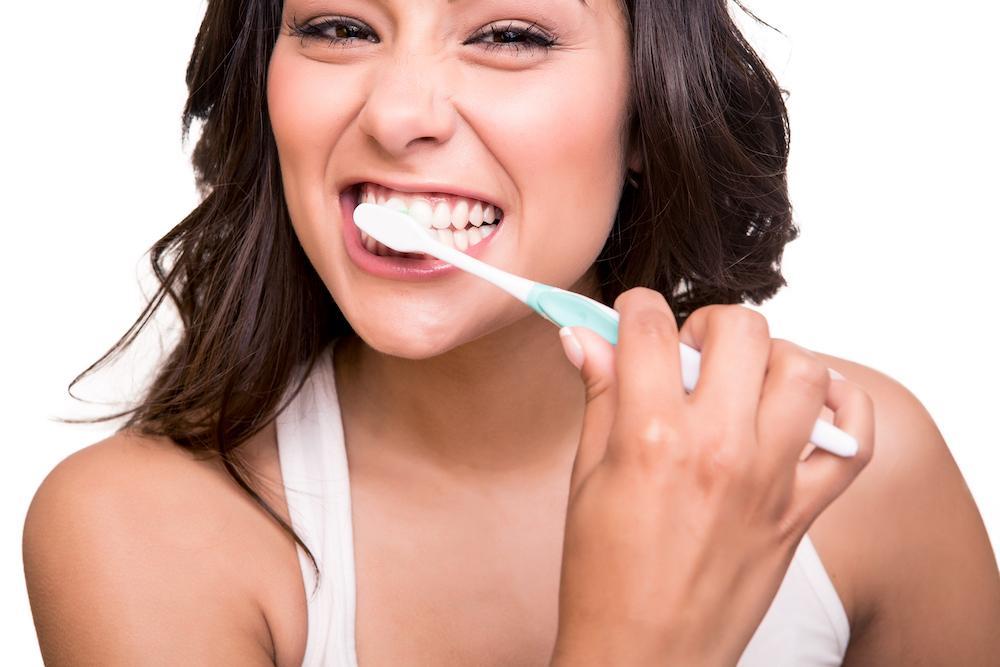You brush. You floss (most days), but that doesn’t mean you’re doing what you should for your oral health. Too many of us believe our oral hygiene is “good enough,” but there are many common mistakes out there people are making that can ruin their teeth.
At Trident Dental, located in Houston, TX, we specialize in helping you improve your oral health and that’s why we’re sharing some of the most common things people do that negatively impact their teeth and gums.
Mistake 1: Using the wrong brush
One of the most common mistakes we see our patients make is using the wrong toothbrush. Anything more than a soft-bristled brush is too hard.
Although many people think they need hard bristles to really clean their teeth, soft bristles actually do a much better job and are able to clean around and under the gum line where hard bristles can’t reach. Hard bristles are also abrasive and can cause your tooth enamel to wear down or damage the soft tissues of your gums.
Fix it: You can fix this dental mistake by looking for the American Dental Association (ADA) seal of approval on a toothbrush before you purchase it, ensuring it’s helpful and not harmful. Always opt for soft, which can bend under your gum line.
Mistake 2: Not brushing your teeth long enough
While everyone knows you’re supposed to brush your teeth at least twice a day, most of us aren’t doing it nearly long enough. Sticking the toothbrush in your mouth and moving it around for 30 seconds isn’t getting your teeth cleaned or scraping plaque from your gum line.
Every time you brush your teeth, you should do so for at least two minutes, even when you’re in a hurry. Your oral health isn’t something worth negotiating.
Fix it: Instead of guessing at the two-minute mark and coming up short, grab your cell phone and turn on your favorite song. Most radio-played songs run about 2-3 minutes long and by the time the tune’s over, you’ve brushed your teeth well.
Mistake 3: Not brushing your whole tooth
When dental professionals say “brush your teeth,” but that’s not really what we mean. Perhaps we should say massage your teeth.
With the idea of brushing, people stick the brush in their mouth, move it back and forth over the outside of the teeth and the bite area, and think that’s what they’re supposed to do. It’s not.
Starting at the gum line and moving in an up and down and circular motion, imagine massaging your whole tooth, from below the gum line, all over the visible cheek-side, along the top chewing surface, AND the entire tongue side.
All too often, people miss along with the gums and on the inside of the mouth, both areas where plaque quickly forms.
Fix it: To ensure you’re getting a thorough cleaning, use a brush with an angled head. And if your toothbrush doesn’t move around, turning this way and that, including up and down, then you’re probably not cleaning everywhere you should.
Mistake 4: Brushing too soon after eating
While we never want to discourage you from brushing your teeth, there are times it’s better to wait, and one of the most important is right after you eat.
When you eat, your body starts the digestive process before the food even reaches your stomach by increasing the amount of acid in your mouth. If you brush immediately after eating, this acid can erode your teeth’s enamel, causing more damage than benefit.
Fix it: After eating (or drinking orange juice or coffee), wait 20-30 minutes before brushing, the time it takes for your saliva to break down the excess acid. If you don’t have time to wait, rinse your mouth with water before brushing to remove what acid you can.
Mistake 5: Skipping your dental appointment
Lots of people don’t like going to the dentist, with an estimated 100 million not getting their teeth cleaned even once a year. They mistakenly believe that every visit involves a painful procedure.
But the fact is, the more you go to the dentist, the less likely you are to need extensive dental care. Regular dental exams and cleanings allow us to clean the hard to reach places under your gum line and inspect your teeth for any issues.
And when we catch dental problems early, the treatment is often easy. When problems become severe, fixing them becomes more complicated.
Fix it: Schedule routine dental exams and cleanings and every six months and have dental X-rays once a year. While this may seem like a lot, in the long run, it’s easier, less painful, and significantly cheaper than waiting until something’s wrong.
For all of your dental needs, call Trident Dental at (281) 975-4942 or request an appointment using our online booking tool.

